 |
|
|
|
|
|
|
|
|

|
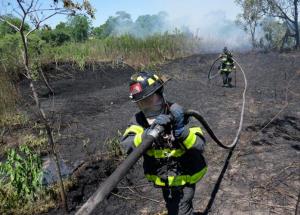
photo by Todd Maisel |
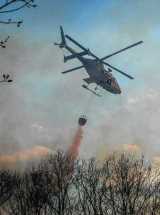
photo by Allyse Pulliam |
|
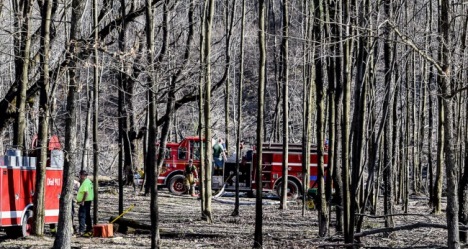
photo by WVIB TV-4, Dan Kohler |
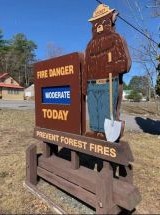
photo by Elsmere FD |
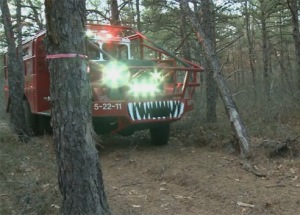
photo by CBS New York TV-2 |
|
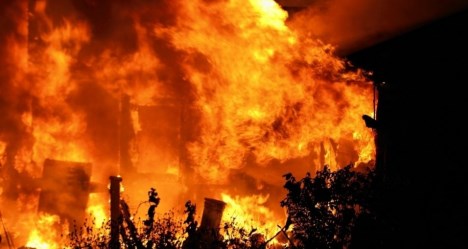
photo by Nicole C Brown |
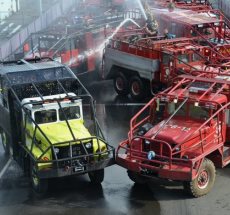
photo by Patchogue Patch |
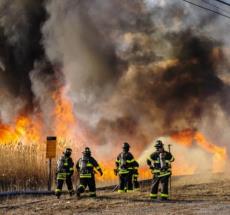
photo by Jeff Bachner |
|
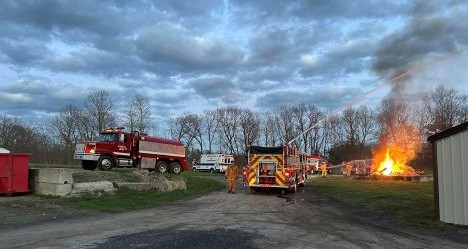
photo by Aurora VFD |
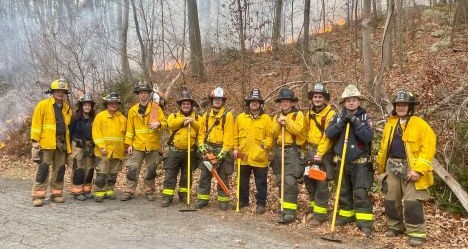
photo by Guilderland Fire Department |
BURNING ALTERNATIVES
To eliminate the chance of a fire spreading, to reduce pollutants from the air, or if healh reasons prevent you from burning, here are other ways to dispose of yard waste: Chipping, Composting-Mulching, Curbside Pickup, Greenwaste Facility (many landfills have reduced rates for greenwaste).
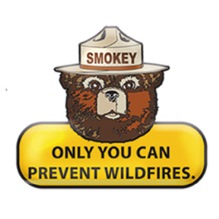
Help Needed If you are a firefighter in New York, we need your help to verify the station information shown below is current and correct.
If you have any information to add to this section, please email us at support@gumsnroses.com |
|
|
|
 |

|
 |

|

|

|

|

|

|

|

|

|

|

|

|

|

|

|

|

|
|
|
|
|
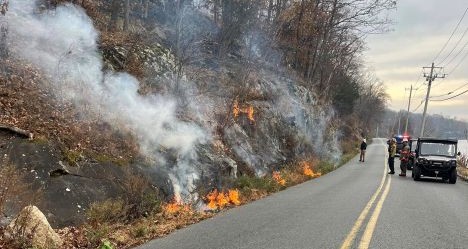
photo by Greenport Fire Department |
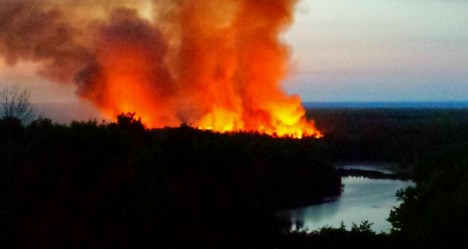
photo by Matt Mulcahy |
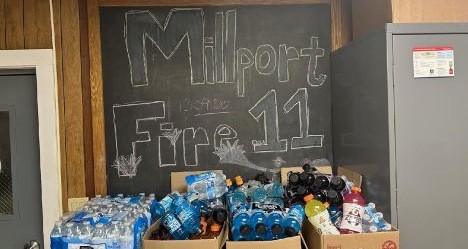
photo by Millport Fire Department |
|
|
| New York Outdoor Fire Laws
|
Know the Forest Laws and Local Ordinances Before Burning
These burning laws and restrictions are written, developed and enforced by the NY State Department of Environmental Conservation. Know the Forest Laws and Local Ordinances Before Burning and if you have any questions, please contact them at 518-402-9405 before you burn. These laws and restrictions are subject to change at any time, so do NOT soley rely on the information below to be always up to date.
Fire Safety When Camping
Forest Ranger Emergency Contact:
518-408-5850
518-891-0235 (Adirondacks)
Since people cause most wildfires, we all have a part in preventing them. Follow these safety tips when burning outdoors.
Campfires
- Use existing campfire rings when possible.
- Build campfires away from overhanging branches, steep slopes, rotten stumps, logs, dry grass and leaves. Pile any extra wood away from the fire.
- Campfires must be less than 3 feet in height and 4 feet in diameter. Only charcoal or untreated wood can be used as fuel. A good bed of coals or a small fire surrounded by rocks gives plenty of heat. Scrape away litter, duff, and any burnable material within a 10 foot diameter circle. This will keep the campfire from spreading.
- Be sure your match is out. Hold it until it is cold.
- Never leave a campfire unattended. Even a small breeze could cause the fire to spread quickly.
- Drown the fire with water. Make sure all embers, coals, and sticks are wet. Move rocks as there may be burning embers underneath.
- Stir the remains, add more water, and stir again. If you do not have water use dirt. Do not bury your coals as they can smolder and break out.
- Consider using a small stove for cooking in remote areas vs making a campfire.
|
Questions and Answers Regarding Open Burning
Do the regulations on open burning make burning household trash in burn barrels or piles illegal?
Yes. Burning trash is prohibited statewide in all cases. The existing incinerator rule already prohibits burning household trash in wood stoves, fireplaces, and outdoor wood boilers. DEC recommends that you recycle all appropriate materials (such as newspaper, paper, glass and plastic) and compost your organic kitchen and garden waste.
What are the regulations on open burning in New York State?
All open burning is prohibited in New York with several exceptions including the following:
- Campfires less than 3 feet in height and 4 feet in length, width or diameter are allowed.
- Small cooking fires are allowed.
- Fires cannot be left unattended and must be fully extinguished.
- Only charcoal or clean, untreated or unpainted wood can be burned.
- Ceremonial or celebratory bonfires are allowed.
In towns with a total population less than 20,000, you may burn tree limbs with attached leaves. The limbs must be less than 6 inches in diameter and 8 feet in length (also referred to as brush). However, this is NOT allowed from March 16 through May 14 due to the increased risk of wildfires.
Why has DEC changed the regulations allowing open burning in New York State?
Open burning of household trash releases dangerous compounds including arsenic, carbon monoxide, benzene, styrene, formaldehyde, lead, hydrogen cyanide and dioxin, among others. Open burning is also the single greatest cause of wildfires in New York.
Can I burn leaves if I live in a rural area?
No, burning leaves is banned in New York State. We encourage you to compost leaves.
Your rule says firewood must be untreated, some firewood is heat-treated, is that allowed?
Some firewood is heat treated (kiln dried) to control invasive insect species if it is to be transported over 50 miles. Heat treated firewood is not intended to be prohibited. However, the burning of chemically treated wood such as pressure-treated lumber and plywood is prohibited.
Are open fires allowed to control invasive plant and insect species?
Yes. Case-by-case DEC approval is not required.
Can agricultural wastes be burned?
Yes, organic agricultural wastes may be burned on-site where they are grown or generated including brush and wood produced by clearing fields and other activities. The fire must be located on contiguous agricultural land larger than 5 acres, and the materials capable of being fully burned within 24 hours.
The burning of pesticides, plastics or other non-organic material is prohibited.
Can I burn liquid petroleum fueled smudge pots to prevent frost damage to crops?
Yes. However, burning tires and other wastes for smudge is not allowed.
Can prescribed burns be performed?
Yes. Prescribed burns, the burning of forest land to achieve a vegetative or wildlife management goal, can be performed but only in accordance with DEC regulations. Check with your regional DEC office.
Are fire training burning activities allowed?
Yes, with some restrictions on the use of acquired structures and in accordance with guidance from NYS Dept. of State's Office of Fire Prevention and Control. The Fire Services Bureau may be reached at 518-474-6746.
Are individual open fires to control plant and animal disease outbreaks allowed?
Yes, as approved case-by-case by DEC, upon the request by the Commissioner of Agriculture and Markets.
Can I dispose of a flag or religious item in an open fire?
Yes, in a small-sized fire if it is not otherwise prohibited by law or regulation.
Are permits for open fires still required in some parts of the state?
Yes. While a permit is not required under this regulation, the Environmental Conservation Law (ECL) still requires that a permit be obtained from the Department if you plan to burn brush under the exception and you live in a town which is totally or partially located within the boundaries of the Adirondack and Catskill Parks which is designated as a "Fire Town" under the ECL (see list below). In addition, any local requirements or restrictions would apply.
- Clinton County, the towns of Altona, Ausable, Black Brook, Dannemora, Ellenburg and Saranac;
- Delaware County, the towns of Andes, Colchester, Hancock and Middletown;
- Essex County, all towns
- Franklin County, the towns of Altamont, Belmont, Brighton, Duane, Franklin, Harrietstown, Santa Clara and Waverly;
- Fulton County, the towns of Bleecker, Caroga, Mayfield, Northampton and Stratford;
- Greene County, the towns of Hunter, Jewitt, Lexington and Windham;
- Hamilton County, all towns;
- Herkimer County, the towns of Ohio, Russia, Salisbury and Webb;
- Lewis County, the towns of Crogham, Diana, Grieg, Lyonsdale and Watson;
- Oneida County, the towns of Forestport and Remsen;
- Saratoga County, the towns of Corinth, Day, Edinburg and Hadley;
- Saint Lawrence County, the towns of Clare, Clifton, Colton, Fine, Hopkinton, Parishville, Piercefield and Pitcairn;
- Sullivan County, the towns of Neversink and Rockland;
- Ulster County, the towns of Denning, Gardiner, Hardinburgh, Olive, Rochester, Shandaken, Shawangunk, Wawarsing and Woodstock;
- Warren County, the towns of Bolton, Chester, Hague, Horicon, Johnsburgh, Lake George, Luzerne, Queensbury, Stoney Creek, Thurman and Warrensburgh;
- Washington County, the towns of Dresden, Fort Ann and Putnam.
Can a town prohibit open burning that the state allows?
Yes, towns, villages, cities and counties can pass ordinances that are stricter than, and not inconsistent with, the open fires regulations. You should check with local authorities to find out if local law requires a permit or prohibits open fires.
Can explosives, or other dangerous contraband, be burned?
Yes, on an emergency basis by police or other public safety organizations only.
Can brush piles be burned at transfer sites?
No, the practice of burning large piles of brush collected from local residents at town or county transfer sites is prohibited. The individual landowners in small towns may burn their brush on site as discussed under question 2 above. Downed limbs and branches generated at a transfer site are also allowed to be burned on site with the same restrictions.
Where should I call to report an illegal open fire?
Report all poachers and polluters by calling the DEC hotline at 1-844-DEC-ECOs (1-844-332-3267).
The Department has received many questions regarding DEC's implementation of Part 215, regarding open fires. This document is intended to inform the general public about open fire regulation in New York and assist the regulated community in understanding the requirements of Part 215.
|
|
|
 |
|
|
